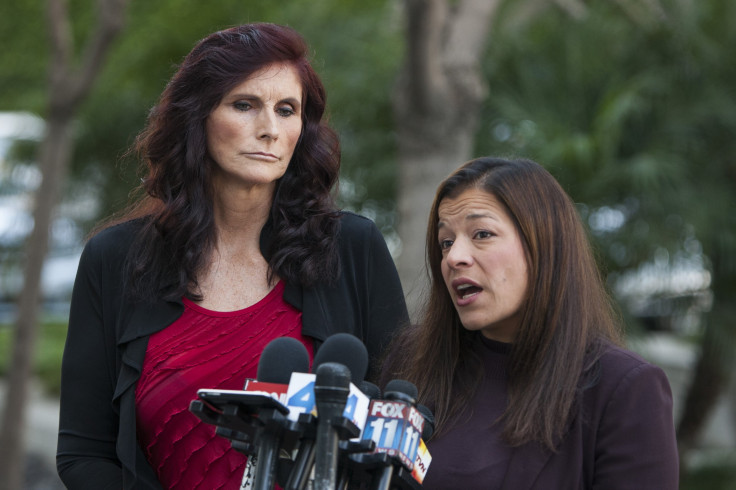‘Innocence of Muslims’ Film Ordered Off YouTube By US Appeals Court; Google Says It Will Appeal Decision

A U.S. appeals court ordered Google Inc. (NASDAQ:GOOG) on Wednesday to remove from its YouTube video-sharing website an anti-Islamic film that sparked protests across the Middle East in September 2012 and death threats aimed at the actors.
The 9th U.S Circuit Court of Appeals in San Francisco rejected Google’s claim that the removal of the film “Innocence of Muslims” amounted to a restraint of speech that violates the U.S. Constitution. According to reports, the lawsuit was filed by Cindy Lee Garcia, an actress who appeared in the film, against YouTube, its parent company Google, and the film's producer, Nakoula Basseley Nakoula, among others. The movie was also reported to have been partly responsible for triggering an attack on the U.S. consulate in Benghazi, Libya, which killed four diplomats, including Ambassador Chris Stephen.
“Garcia was duped into providing an artistic performance that was used in a way she never could have foreseen. Her unwitting and unwilling inclusion in 'Innocence of Muslims' led to serious threats against her life,” Chief Judge Alex Kozinski reportedly wrote in his opinion.
Garcia had reportedly objected to the movie after learning that it included a clip she had made for a different film. And, the partially dubbed portion showed her as asking: “Is your Mohammed a child molester?"
Cris Armenta, Garcia’s attorney, reportedly said: “Had Ms. Garcia known the true nature of the propaganda film the producers were planning, she would never had agreed to appear in the movie.”
Armenta said that Garcia was happy with the decision of the court. She told Reuters via email: “Ordering YouTube and Google to take down the film was the right thing to do.”
Google reportedly said in a statement: “We strongly disagree with this ruling and will fight it."
The controversial film depicted Prophet Muhammad as a womanizer, a ruthless killer and a child molester, sparking widespread protests across the Middle East, mainly among Muslims in Egypt, Libya and other countries in Asia and the West.
According to reports, Google had refused to remove the film from YouTube despite pressure from President Barack Obama and other world leaders, but it had blocked the trailer from viewing in Egypt, Libya and certain other countries.
"Our laws permit even the vilest criticisms of governments, political leaders, and religious figures as legitimate exercises in free speech," the company reportedly wrote.
Google, which reportedly has removed the clip, said it will appeal the decision to a special 11-judge panel of the appeals court. The company also has decided to ask the U.S. Supreme Court to review the case.
© Copyright IBTimes 2025. All rights reserved.





















